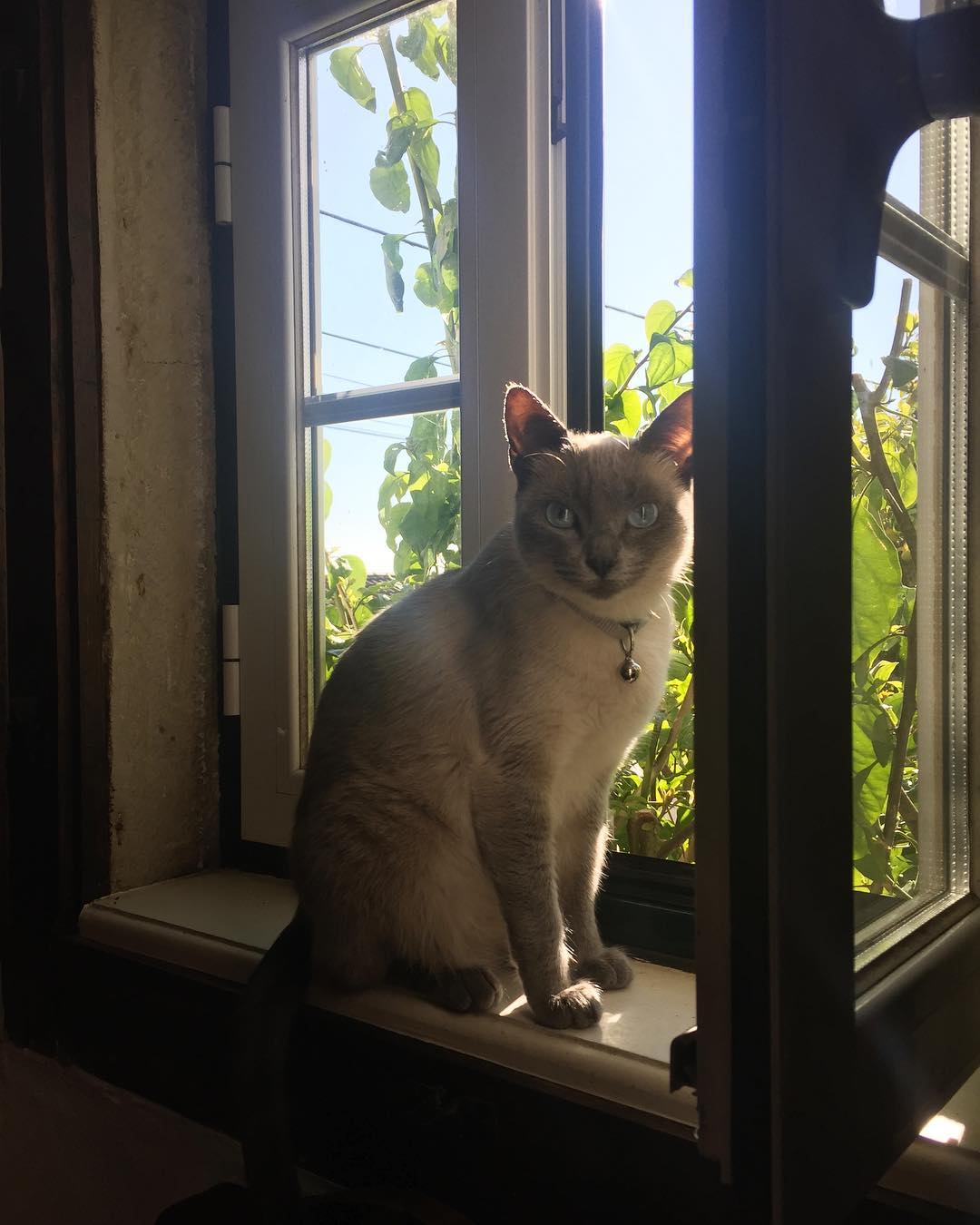HTML, CSS and our vanishing industry entry points
rachelandrew.co.uk
Fighting words from Rachel Andrew, defending the ease of learning HTML and CSS from scratch:
Whether front or backend, many of us without a computer science background are here because of the ease of starting to write HTML and CSS. The magic of seeing our code do stuff on a real live webpage!
Yes! The instantaneous feedback when editing HTML or CSS on a live webpage is, to me, one of the most important characteristics of the web as a medium. Having no layers of abstraction between creative input and final output is one of the web’s miracles.
I might be the “old guard” but if you think I’m incapable of learning React, or another framework, and am defending my way of working because of this, please get over yourself. However, 22 year old me would have looked at those things and run away. If we make it so that you have to understand programming to even start, then we take something open and enabling, and place it back in the hands of those who are already privileged. I have plenty of fight left in me to stand up against that.
I couldn’t agree more. It really was the ease of getting started that got me into web development, and kept me away from native app development. Easy to learn, hard to master is a wonderful trait that the web should fight to keep.


